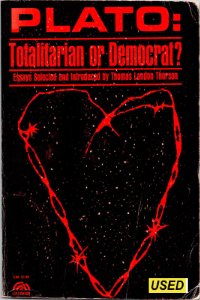By Robert Louis Stevenson. Edited by Sidney Colvin and Colin Heston.
“The Letters of Robert Louis Stevenson, Parts I–VI”, collected in Volume XXIII of the Swanston Edition of his works, is a monumental compilation that offers an unparalleled window into the life, mind, and literary career of Robert Louis Stevenson. Spanning from his youth in Edinburgh to his final years in Samoa, this extensive selection of personal correspondence reveals Stevenson not only as a master of fiction but also as a deeply thoughtful, humorous, and emotionally expressive individual.
The collection was edited by Sidney Colvin, a close friend, literary confidant, and one of Stevenson’s most important biographers. Colvin’s editorial work is central to the volume’s enduring value. His careful selection, chronological arrangement, and insightful annotations provide essential context for understanding the letters and the life they illuminate. Colvin’s introductions to each section help guide the reader through Stevenson’s evolving circumstances—his health struggles, travels, relationships, and creative milestones—while preserving the spontaneity and charm of Stevenson’s original voice.
The letters themselves are addressed to a wide range of correspondents: family members, friends, fellow writers, publishers, and admirers. They cover a broad spectrum of topics, including Stevenson’s literary projects, philosophical musings, personal hardships, and his impressions of the many places he lived and visited—from Scotland and France to California, the Marquesas, and Samoa. Through these letters, readers witness the development of Stevenson’s literary style, his reflections on fame and failure, and his deepening engagement with moral and political questions.
What makes this collection especially compelling is Stevenson’s natural gift for storytelling and self-expression, which shines through even in his most casual notes. His letters are often witty, lyrical, and poignant, filled with vivid imagery and emotional candor. They reveal a man of great sensitivity and intellect, whose personal struggles with illness and exile were matched by a profound curiosity about the world and a commitment to his craft. “The Letters of Robert Louis Stevenson” is an essential volume for anyone interested in Victorian literature, epistolary writing, or the life of one of the 19th century’s most beloved authors. It offers a deeply human portrait of Stevenson—by turns playful, philosophical, and profound—and stands as a testament to the enduring power of personal correspondence as a form of literary art.
The Swanston Edition, with Colvin’s editorial guidance, presents these letters not only as historical documents but as a literary achievement in their own right. The annotations and biographical notes enrich the reader’s understanding of Stevenson’s relationships and the broader cultural and historical context in which he lived and wrote.
Read-Me.Org Inc. New York-Philadelphia-Australia. 2025. 264p.












